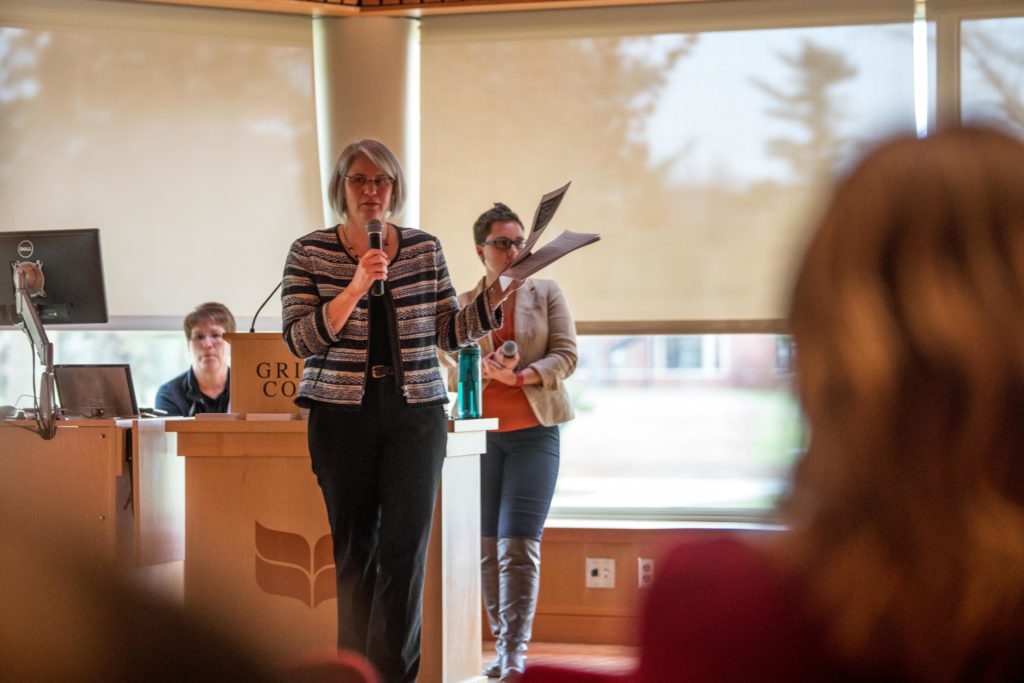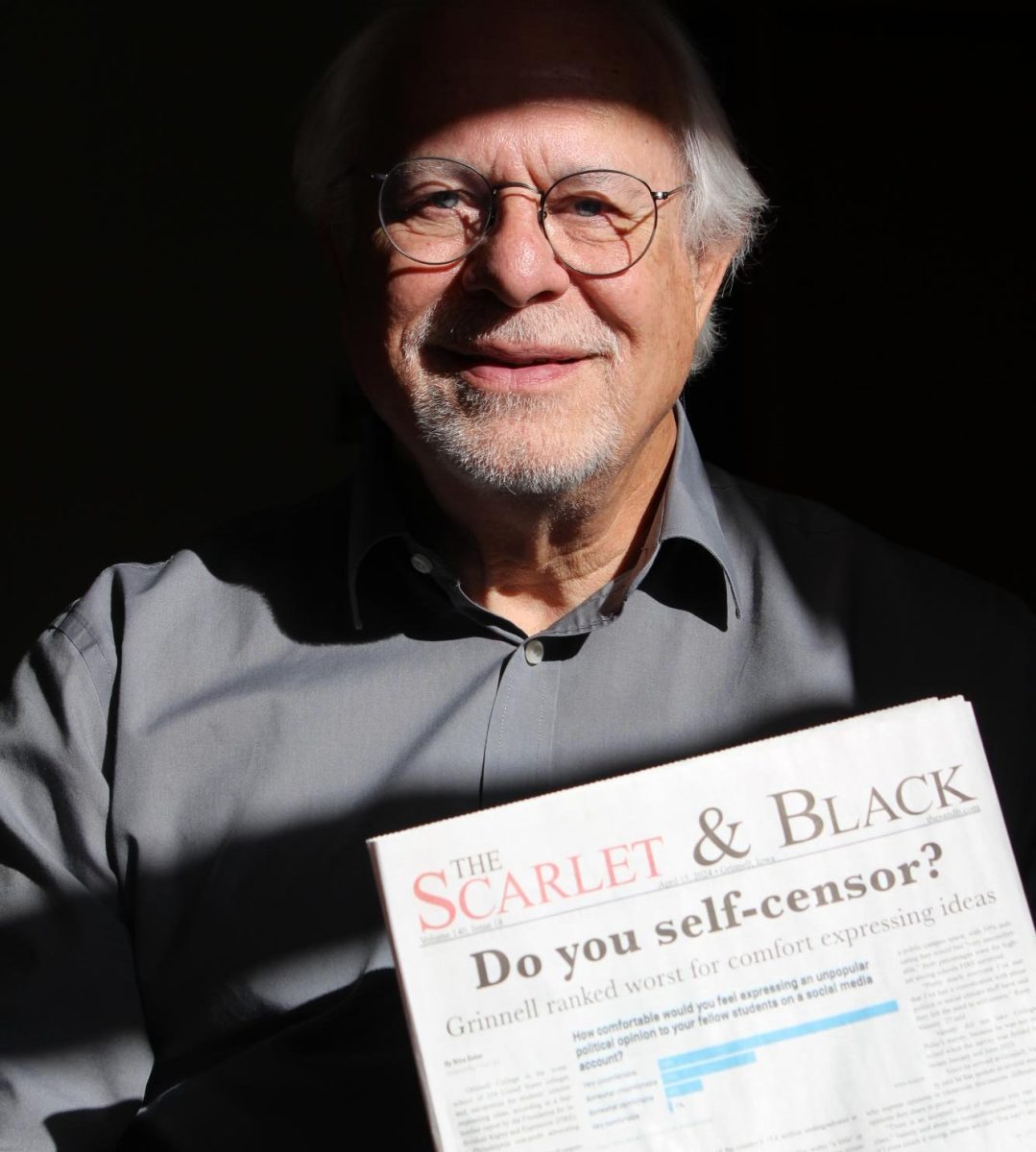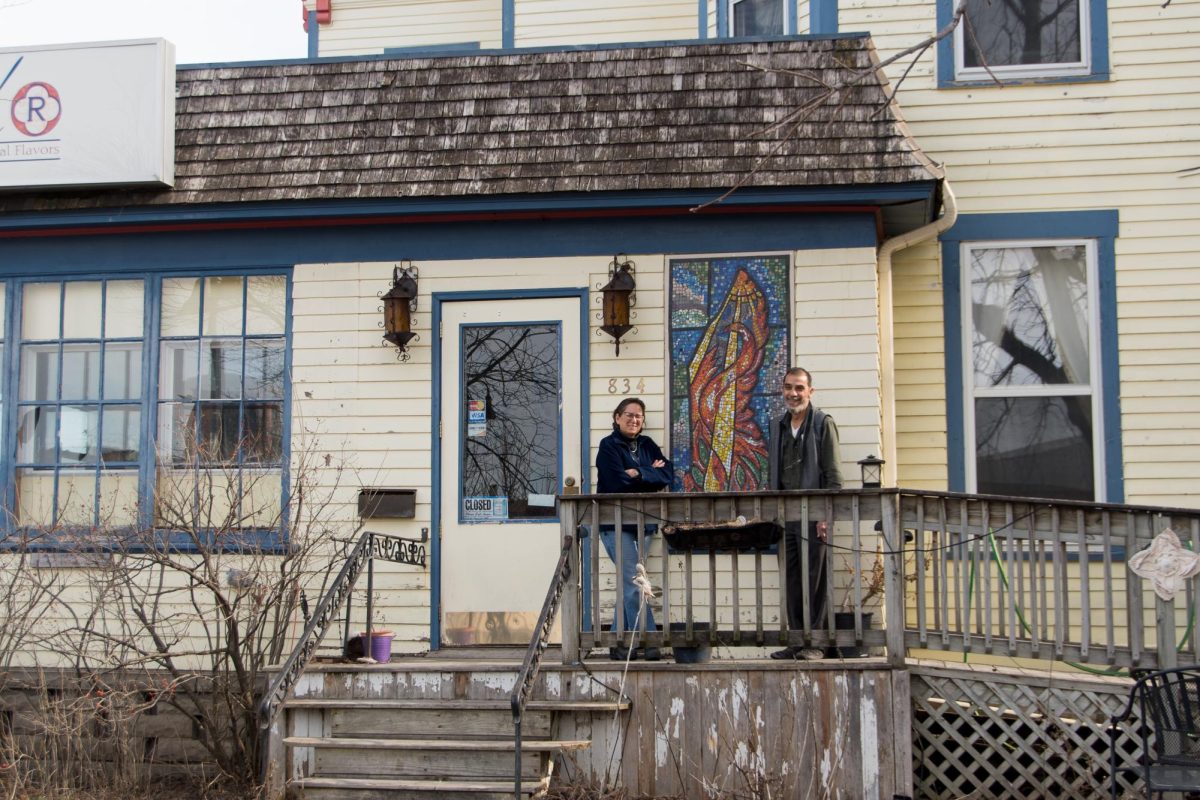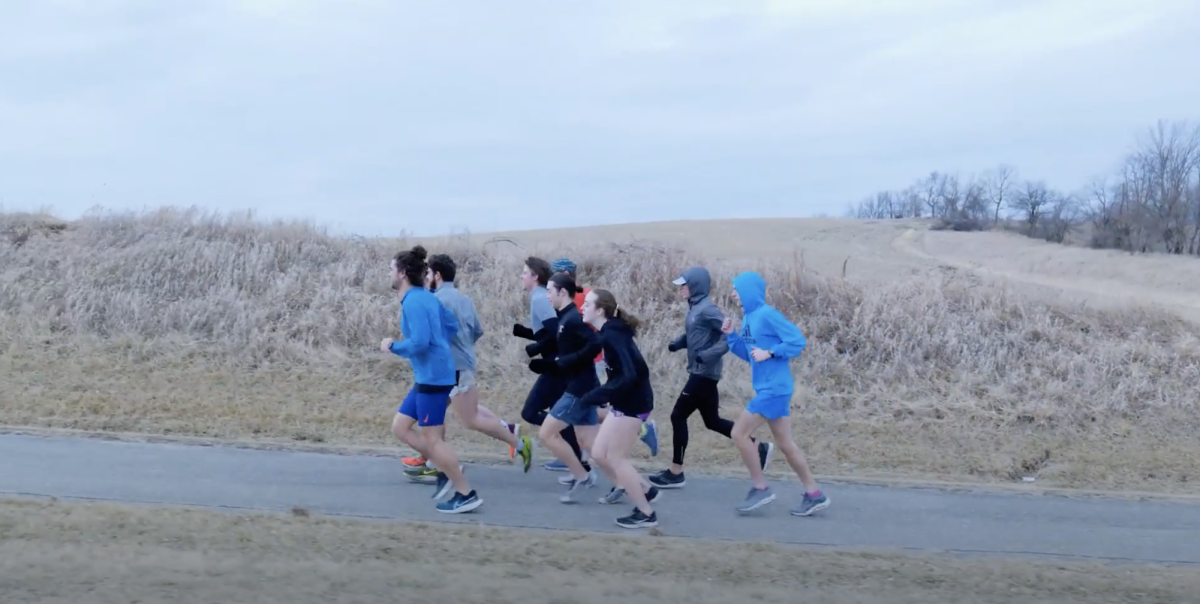Disability and Accessibility Town Hall
By Steve Yang
yangstev17@grinnell.edu
Two years ago, President Kington tasked a group of faculty, administrators and students with developing a “comprehensive response to serving students, faculty and staff with disabilities.” The efforts were motivated by regulatory compliance concerns and a push to adopt universal design principles that reflect and represent the College’s core values. On Thursday morning, these findings were summarized and discussed at a town hall in JRC 101, dedicated to informing the campus-wide Grinnell community.
The Disability and Accessibility Task Force is chaired by Angela Voos, vice president for strategic planning and Joyce Stern, dean for student success and academic advising. They collaborated with Autumn Wilke, coordinator of disability resources and over 50 other individuals across six subcommittees to raise awareness, discuss accommodations and develop numerous forms of access for disabilities at Grinnell. The Task Force emphasized accommodating “invisible” disabilities and implementing universal design concepts, specifically in the College’s new social studies building under construction, the Digital Humanities Lab and Campus Safety.
“Disability is a giant umbrella that covers a lot of different identities, a lot of different people,” Wilke said during the Town Hall. “Many things are related to mental health and many physical disabilities such as chronic fatigue … are invisible. Advancements in accessibility … are also having great benefit for people with invisible disabilities.”
A major issue is the perception of what disabilities look like or how most people envision “disability” and the specific accommodations that must be provided.

“Disabilities don’t always look like what we expect to them to look like and we can’t judge what it is and is not accessible for others,” wrote Emily Howe ’17, who is actively involved with the disability community on campus, in an email to The S&B.
Some forms of compliance are necessary to meet legal standards set by the Americans with Disabilities Act (ADA), which governs the minimum requirements Grinnell must meet. For example, professors must begin providing course syllabi much earlier in the semester, areas of refuge that meet certain accessibility requirements must be established and faculty/staff offices on campus should be accessible to those with wheelchairs and service animals.
“Knowledge and action about accessibility and inclusion and are the most important aspects of disability at Grinnell,” Howe explained. “Oftentimes Grinnellians, including professors and administrators, just don’t think about where their events are being held or how they’re designing their Powerpoints.”
The way that syllabi and assistive technologies are implemented, particularly with educational programming, can significantly impact the way that students with disabilities are able to participate in class, Stern explained.
“More than providing accommodations, accessibility and individualized experiences must be available from the get-go, so that one day it … just feels normal,” Stern said. “Everyone wants to … fully participate, without a modification for their benefit. If those things aren’t in place, we need to make sure that those accommodations are made.”
As such, the Task Force is eager to reframe disability and accessibility issues on campus as issues of difference, rather than of lacking.
“We start thinking about this more as a diversity issue and not as a disability issue and an accommodation issue,” Wilke said.
Notable accomplishments were described, such as increased training and education for faculty, a renovation of the classroom technology catalog and making assistive listening devices more readily available. Task Force members highlighted NetNutrition, which makes allergy information easier to access and the efforts that campus members have made in being more conscious of disability accommodations. Audience members praised the prevalence of service animals, less stigma surrounding fidget toys or “tinker toys” and ramp access at Bob’s Underground Cafe.
However, gaps in awareness are still persistent. Students are often careless with leaving their backpacks in walkways or their bikes on sidewalks, which impedes accessibility. Encouraging students to be proactive rather than reactive, Howe suggested that student leaders must be instrumental in changing campus perceptions and Stern noted that it takes a campus to go all in on this effort.
“This form of inclusion is everyone’s responsibility,” Stern said. “For example, ‘Open to all students’ may not actually be open to all students. What can we do to change that?”




















































